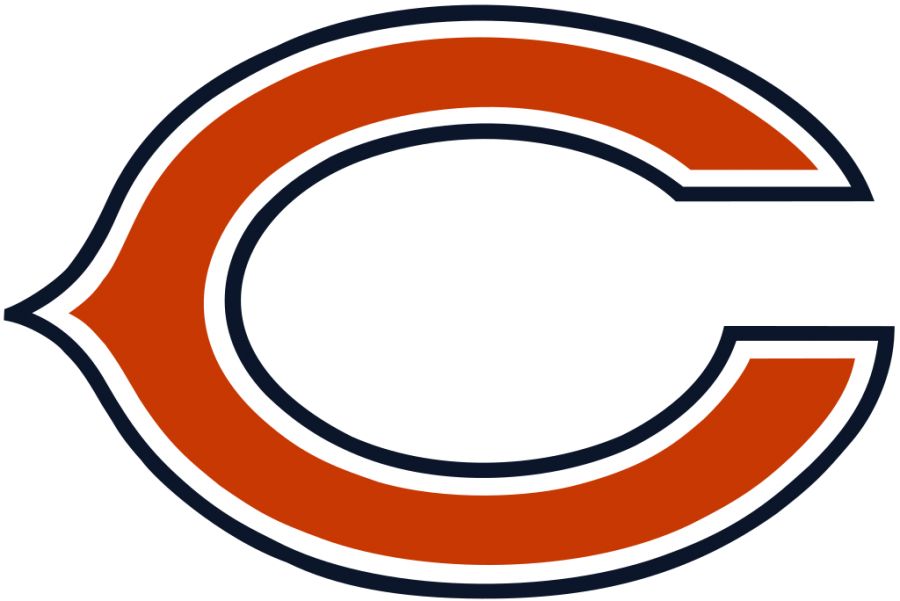Missed field goal sparks internet rage and abuse
Photo Wikimedia Commons
Cody Parkey just needed to kick one 43-yard field goal to advance the Chicago Bears to the second round of the playoffs and knock last year’s Super Bowl champions, the Philadelphia Eagles, out of the running.
With ten seconds left, the ball was snapped, the kick was up and millions of people watched breathlessly as the ball bounced twice off the goal posts and then fell to the ground—the kick was no good.
The Bears have not won a playoff game since 2010, so to come so close and then lose was devastating for many of their fans. However, instead of packing away their jerseys and hoping for better luck next year, many Bears fans took to Twitter to express their anger with Parkey.
One Twitter user wrote, “I hope Cody Parkey gets the worst type of disease and f-ing DIES slowly and painfully.” And another wrote, “I hope Cody Parkey’s house burns down and his whole family dies.”
Yes, football is a great way to pass time on a freezing afternoon in January, and wearing your favorite player’s jersey and rooting for the home team is what the sport is all about. And of course, there will be the occasional scream when a ball slips out of a player’s hand or the refs make a bad call, but if you’re a true fan, shouldn’t you be there for your team through thick and thin?
In 1951, the Brooklyn Dodgers were playing the New York Giants for the National League Pennant, and in the bottom of the ninth the Giants were up 4-2 with one out and runners on first and second. Trying to secure the win, the Dodgers’ manager Charlie Dressen famously brought in pitcher Ralph Branca to face Bobby Thomson. On the second pitch, Thomson hit the ball into the stands for a 3-run homerun, and the Giants won.
After the game, Branca endured an experience similar to what Parkey is going through now. According to The Washington Post, Branca received death threats, was targeted by journalists, and his parents were harrassed by bitter fans.
Even though the same type of hate and ridicule was present in the 1950s, it is amplified today by the rise of the internet and social media. Forums like Twitter make it all too easy for people to hide behind a keyboard and pretend like the words they post don’t matter, and oftentimes, athletes are the target. Social media offers anonymity that gives people the courage to post things they would never say in person.
But the reality is, that the words people say online matter, and writing something negative online is no different from saying it to someone’s face.
So yes, sports are fun, and it’s alright to be disappointed with the outcome of a game, but people need to think about what they’re saying before they post or hit send. No matter how much money athletes make, or how famous they are, it is important to remember that they are still real people who are impacted by hateful words.

